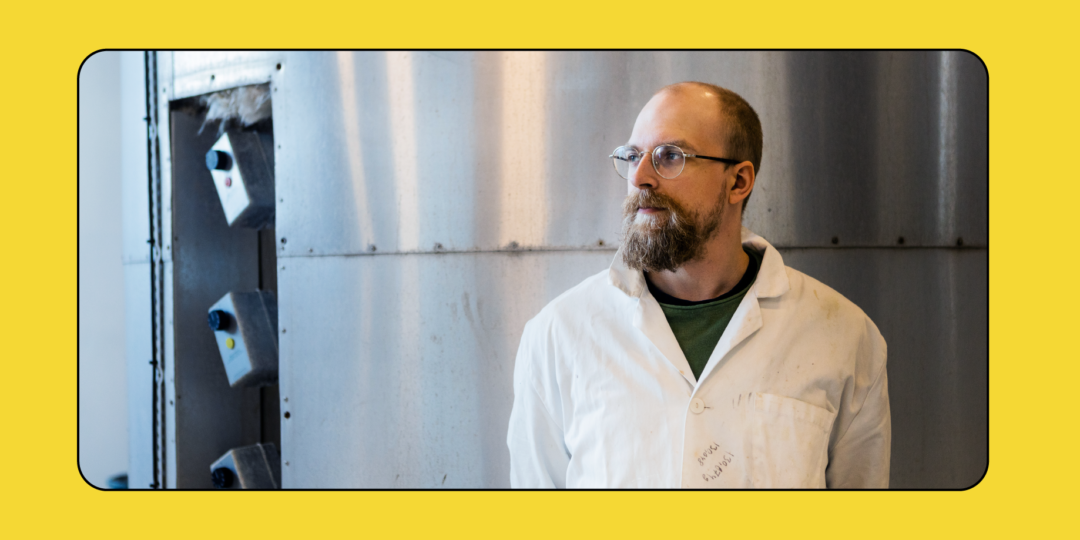The e-mail arrived on May 31st, 2018. Subject line: “Audition details.”
I had just been invited to audition for a role at a theatrical production company I had been dreaming of working with for some time. I had replied to their casting call a few weeks earlier, encouraged by a friend and some sparkling wine — it was the 1st of May, after all, a good day to explore the boundaries of your comfort zone. In my role as an entrepreneurship educator at Aalto University, I often encourage my students to get comfortable with being uncomfortable in order to reach their goals. Even so, submitting the application, complete with headshots and a cover letter outlining my dreams, hopes, and very limited stage experience felt very personal. What if I was rejected?
Take low-stakes risks early on, put the momentary failure into perspective, learn from it, and try again.
In an industry where audition callback ratios of under 1% are not uncommon, putting yourself out there again and again can feel daunting. With that percentage in mind, the 90% failure rate of startups within the first 5 years doesn’t seem that bad. For me personally, auditioning has been a great way to get comfortable with failure, an important learning goal in many of my entrepreneurship classes. Failing fast — a philosophy that values testing and incremental development to determine whether an idea is worth pursuing — is central to the entrepreneurship curriculum.
Risks must be taken
In my classes, I aim to give my students tools to cope with the ambiguity, uncertainty, and risk they will face in their own ventures. The key is to take low-stakes risks early on, put the momentary failure into perspective, learn from it, and try again. One way to do this is to “get out of the building:” show the idea you’re working on to potential customers at an early stage in order to get feedback. Practicing this in a course environment gives students the option to externalize the risk-taking as yet another course assignment. This makes the inevitable rejections feel less personal. It also allows us to build connections to people we’d like to know better, but don’t have a connection to just yet. “I know you’re an expert on this topic. Could I get your thoughts on a related project I’m working on for a University assignment?” is a great icebreaker. Not everyone you approach will be willing to help. Often, however, my students are surprised at how many are, and how easy it can be to reach people. I’ve had students successfully book feedback interviews for their projects with government ministers, CEOs, and potential future employers, simply by having the courage to ask for it.




